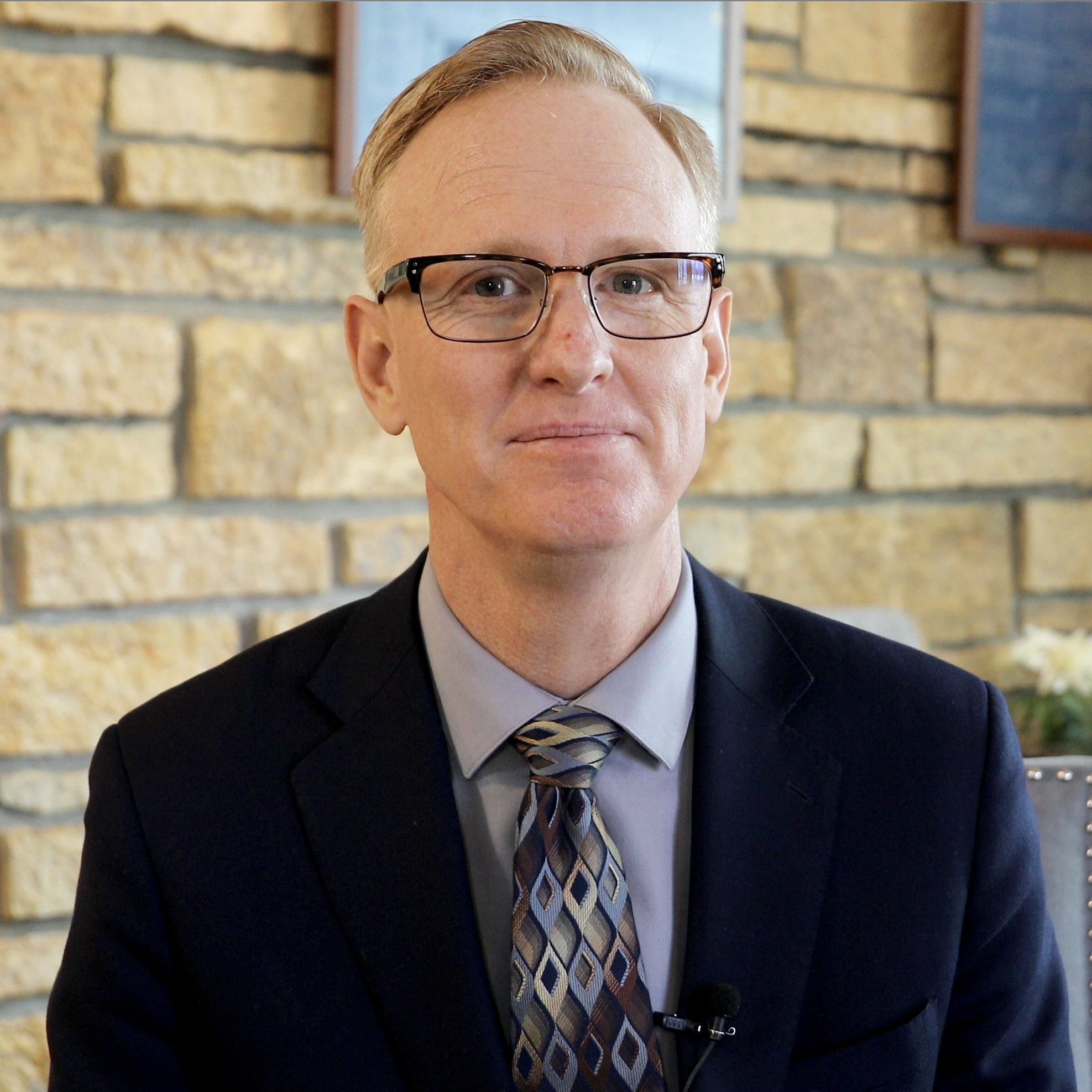Thank you for helping to support Peace Devotions through your prayers, likes, and shares.
If you’d like to support our ministry financially, you can donate here.
How can you know God exists?
John 20:31
How can you know that there is a God?
We can know that there is a God from nature. We call this our natural knowledge. So when we look around and we see the world around us and we see how wonderfully and fearfully it is made. We know that there must be someone that created this. It couldn’t come about by chance. So creation tells us that there is a creator.
The other part of our natural knowledge of God is our conscience. Everyone has that voice of right and wrong inside them telling them that what they just did was wrong, or what they’re thinking about doing is wrong, or sometimes defending us and telling us that we did the right thing.
So from creation and our conscience and natural knowledge we can know that there is a God, but natural knowledge cannot tell us who that God is. Our conscience tells us we have sinned against him, but it can’t tell us how to be reconciled to him and that’s why we need the revealed knowledge. In John chapter 20 verse 31 we read
But these are written that you may believe that Jesus is the Christ, the Son of God, and that by believing you may have life in his name. (John 20:31)
God doesn’t want you ignorant about who he is or what he has done to save you. And so he had the Bible written for you so that you can truly know who he is and especially what he has done for you in Jesus. That he sent his own son to live and die in your place so that your conscience can be at peace and you can know that your relationship with your Creator is restored, that you will one day be with him in heaven forever.
So if you haven’t done it for a while, pick up your Bible and read it. God wants you to know him and what he has done to save you. Amen.




